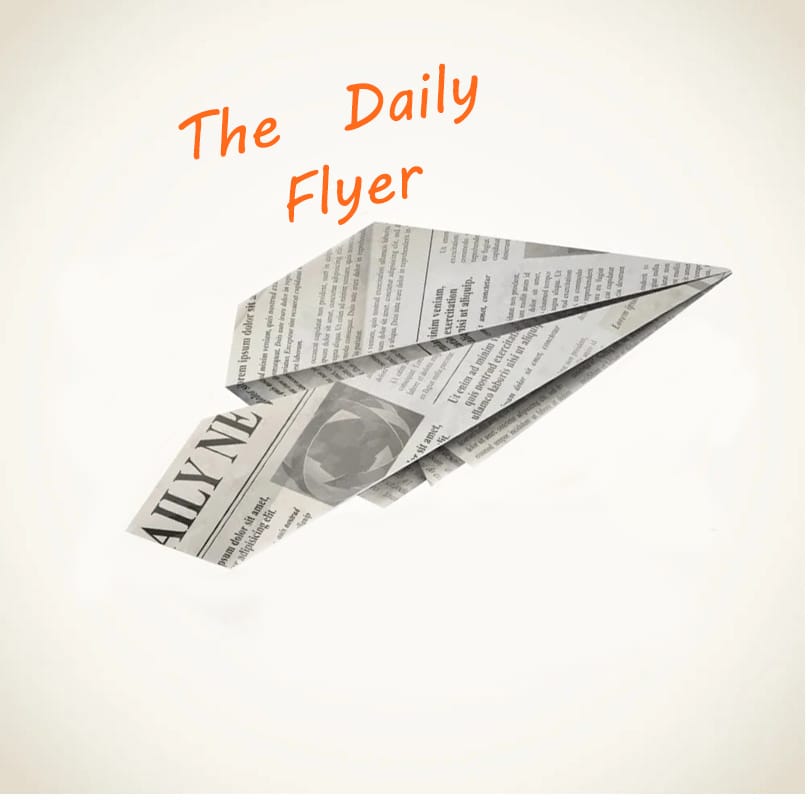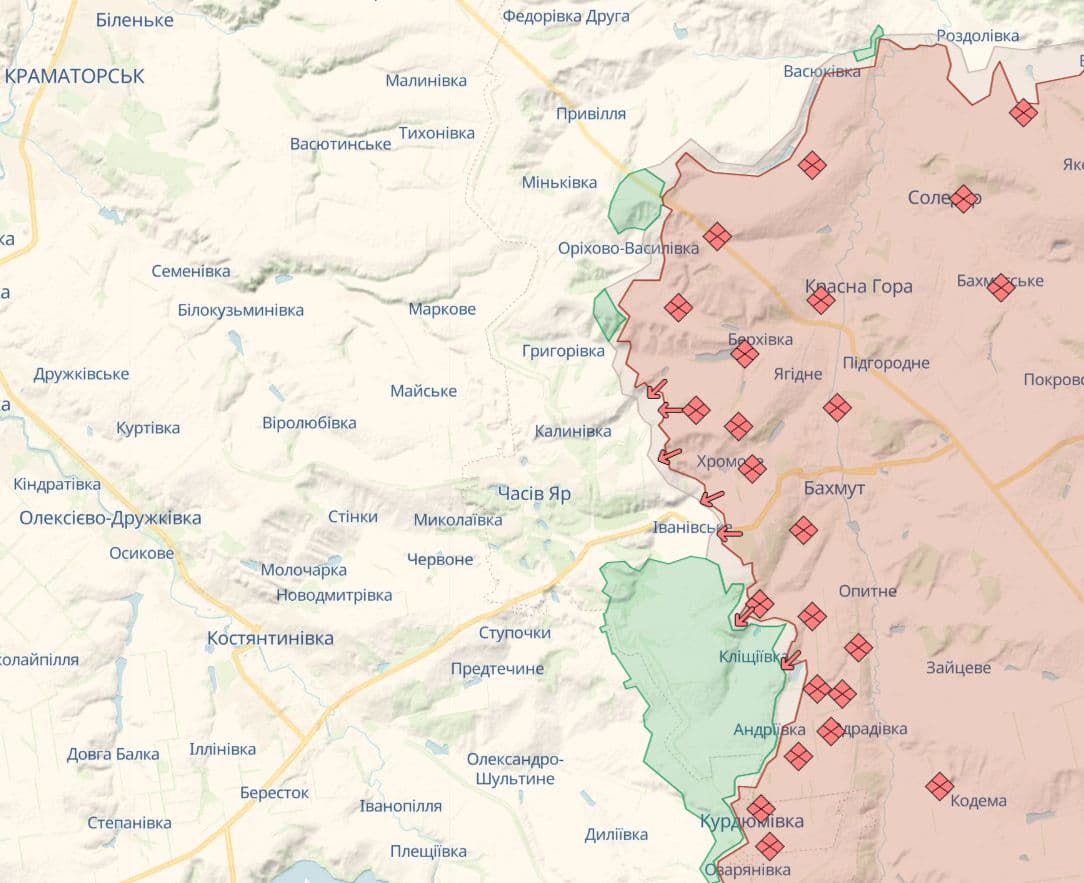Daily Flyer - February 22, 2024
A voice of Ukraine to the West

Latvia to become first EU country to ban imports of grain from Russia, Belarus
The Latvian parliament has voted to ban the import of grain products from Belarus and Russia, making it the first EU country to take such a measure. This decision comes after over 380,000 metric tons of Russian grain were imported into the EU through Latvia in 2023, raising concerns and protests from farmers. The ban is set to come into force in two weeks, with the government deciding which products will be included in the meantime. Latvian President Edgars Rinkevics supports the ban, stating that Russian grain imports indirectly support the Russian economy and its army.
Ukraine close to receiving next US$900 million tranche of IMF loan
Ukraine is reportedly close to an agreement with the International Monetary Fund (IMF) to receive the next tranche of $900 million as part of a $15.6 billion loan. The IMF is expected to announce the disbursement on February 22, pending ratification by the IMF's Executive Board. The tranche is the first of four expected this year, totaling $5.4 billion, as part of a program approved in 2023. The disbursement is contingent on Ukraine fulfilling certain conditions, and the government may need to reconsider its recent request to the National Bank related to the sale of foreign currency.
Russian troops attack Chasiv Yar, trying to reach Siverskyi Donets River

Russian forces persist in their attempts to seize Synkivka and make advancements near Terny on the Kupiansk-Lyman front, as well as pushing the lines towards the Siverskyi Donets River on the Bakhmut front.
According to Illia Yevlash, head of the press service of the Khortytsia Operational Strategic Group, the pressure around Synkivka continues, with the Russians striving to capture it but facing resistance. The Torsky ledge, situated near the Chornyi Zherebets River and the village of Terny, remains a contested area where the Russians are deploying reserves to attempt further advances.
In the Bakhmut front region, intense fighting persists in Chasiv Yar, Klishchiivka, and Andriivka. Yevlash highlighted that in Chasiv Yar, the enemy employs direct attacks and attempts to outflank Ukrainian positions in areas like Ivanivske and Bohdanivka. In Klishchiivka and Andriivka, the Russians aim to reach the Siverskyi Donets River and establish defensive positions along its border. Ukrainian forces are diligently working to prevent the enemy from reclaiming lost ground.
Yevlash provided insight into the evolving dynamics, noting that since autumn 2023, the number of Russian forces in the area has increased by approximately one brigade. However, the Russian army is rotating reserves to replace losses, maintaining a relatively consistent overall troop count.
The need for the Russians to shift their combat reserves from one location to another, described as "Brownian motion," reflects the ongoing challenges they face. Yevlash emphasized their strategy of searching for and exploiting weak spots in the Ukrainian Armed Forces' defense. The fluidity of these tactics underscores the dynamic nature of the conflict in this region.
The border blockade doesn't mean Poland's rejection of pro-Ukrainian course
The Polish-Ukrainian border is once again facing blockades, this time orchestrated by Polish farmers protesting against deteriorating conditions in agriculture and declining profitability. The farmers primarily blame the European Commission and the European Green Deal for their challenges, arguing that new climate protection costs undermine the competitiveness of European agribusiness on the global market. In addition, they express concerns about unfair competition from Ukrainian farmers, leading to demands for restrictions on the import of agricultural products from Ukraine.
This protest has wider political implications as Poland gears up for local elections on April 7 and European Parliament elections in two months. The protests are seen as an attempt to weaken right-wing movements, including the Law and Justice Party (PiS). Despite the protests, it's crucial to recognize that Poland remains among the leaders in pro-Ukrainian support, even among European societies most convinced of Ukraine's victory.
Ukrainian experts argue that the export of grain and agricultural products from Ukraine to Poland is not the root cause of the problem. They emphasize the need for rational discussions based on facts, such as Poland being a significant exporter of food to Ukraine. While border blockades and trade disruptions pose challenges, they do not have strategic significance compared to preserving military support for Ukraine and assistance during post-war reconstruction and Euro-integration.
In the face of these protests, it is important for Ukrainian politicians and experts to separate genuine emotions from strategic analysis, focusing on preserving support for Ukraine and ensuring a constructive dialogue with Poland. While addressing immediate trade disruptions is necessary, the strategic importance lies in maintaining military assistance and fostering collaboration in the post-war and Euro-integration phases.

